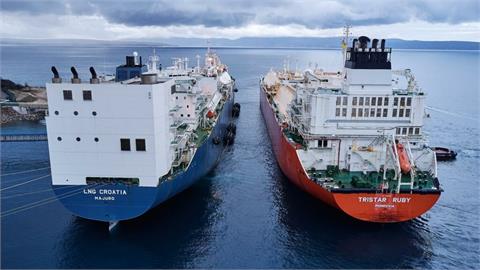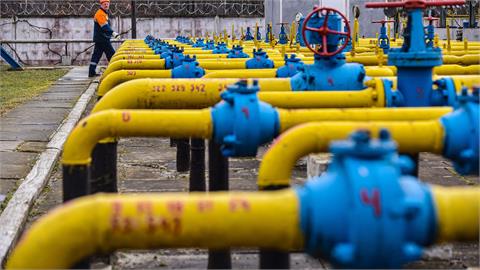Romania, Bulgaria and Poland have the highest decarbonisation transition risks in Central and Eastern Europe (CEE), an analysis by global rating agency Fitch Ratings shows.
National energy and climate plans in Romania and Bulgaria estimate their investment needs at 7% of gross domestic product (GDP) per year until 2030, up by 3.1 percentage points from the average across CEE, Fitch Ratings said in a press release outlining its report findings on Thursday.
The increased investment needed by Romania and Bulgaria will put pressure on public finances, although the majority is expected to be met by the public sector and EU funding.
The CEE countries most vulnerable to transition risks are seen to be those with the highest green investment needs, reflecting a weaker starting position due to exposure to fossil fuels, those whose fiscal space is more limited and whose ability to implement transition plans appears the weakest.
The ratings place more weight on near-term developments than uncertain long-term forecasts. Considering this factor, the rating impact in CEE appears manageable, especially if transition plans are carefully developed and employ efficient policy tools such as carbon taxes and pricing, while costs are spread over time and investment sources are identified.
To evaluate CEE countries’ decarbonisation risks, Fitch Ratings analysed their reliance on coal and clean energy in power generation, the energy intensity and efficiency of GDP, the trend in reducing greenhouse gas emissions, projections towards attaining zero-emission targets by 2050 and identified investment needs for the green energy transition.
(SeeNews, April 21, 2023)



